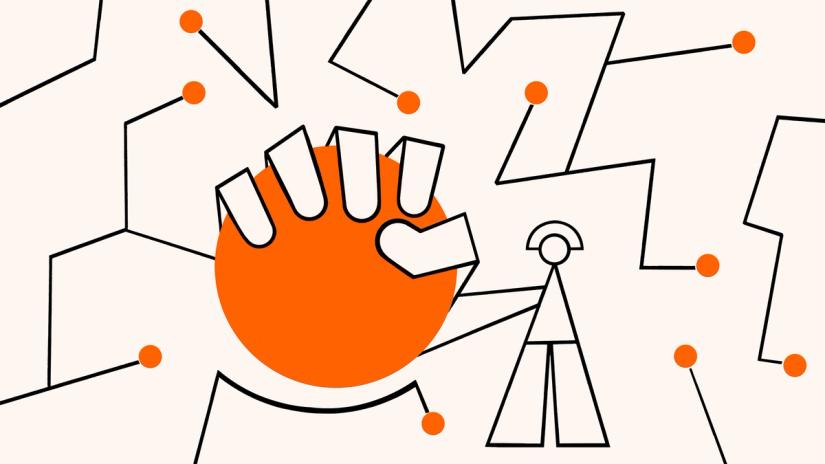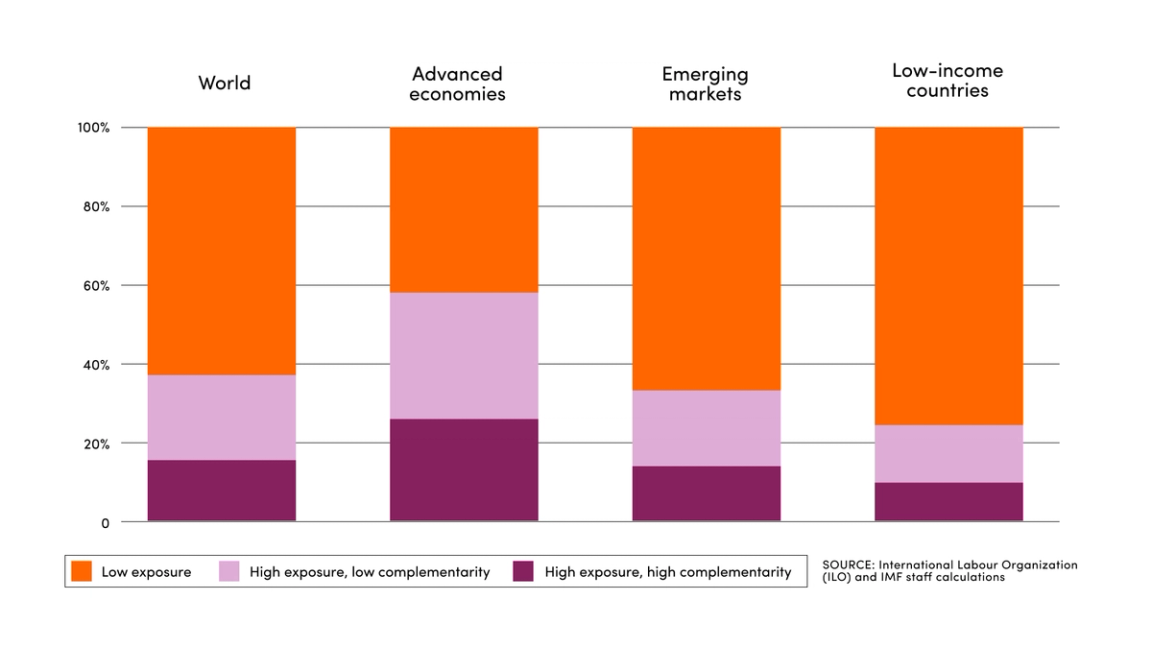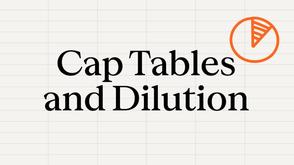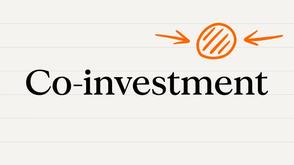How to AI-Proof Your Career


As many workplaces rush to adopt AI, four industry experts share advice on how you can best prepare your career to survive and thrive.
- Everyone from Sam Altman to the IMF see AI driving huge changes to work, particularly in the wealthier parts of the world.
In 2024, OpenAI CEO Sam Altman issued a stark warning: “AI is going to eliminate a lot of current jobs, and there will be classes of jobs that totally go away.” Institutions agree. The IMF estimates that almost 40 percent of jobs worldwide are exposed to AI, rising to close to 60 percent in richer nations. Forbes predicts that over half of today’s roles will need "significant adaption”. Between January and July 2025, U.S. employers announced over 10,000 job cuts explicitly linked to AI, and 20,000 more tied to “technological updates”.

Employment share by AI exposure (Source: ILO, IMF)
Policy is playing catch-up. The Organisation for Economic Co-operation and Development (OECD) says we’re facing a potentially revolutionary cusp – and governments urgently need to plan roles and regulations that allow humans to benefit from the shift. That lag appears to be making some workers uneasy. According to polling published by the Pew Research Center in February, 52 percent of Americans say they’re worried about the future impact of AI in their workplace.
Amid all this change, how can employees and employers best prepare for the AI era? We asked four industry experts to share their advice for surviving the shift.
Lee Baz-Sanchez, EQT’s Head of HR for Private Capital Europe & North America
“Jobs are a collection of tasks: how do I spend my time, and how should I spend my time?” says Baz-Sanchez. His advice starts with a simple but revealing exercise: audit your week. Track where your hours go, then assess which of those activities are more susceptible to being “AI-ed.”
Rather than simply delegating low-value work to AI, consciously redesign your week around the activities that only humans can drive. “Framing is off right now,” he says. “Businesses are seeing AI as cost-cutting, rather than a tool for infinite human achievement. A much better question would be, ‘how do we fully optimize our use of this tech to do more and reach unparalleled leadership, rather than spend less?’”
That could mean letting algorithms crunch thousands of data points. In your hours saved, you can do more than manage more emails: you might deepen conversations with management teams, refine investment theses, or stress-test scenarios that leadership hasn’t considered. In other words, redesign your role so that AI expands your capacity for judgement and influence.
Earl Myers, former Head of Content at Cleo and founder of 43 Archers
“Everyone said the internet and social media would kill the ability to read, yet people are reading more now via e-books than at any other time in history,” Myers notes. “Those who said radio was dead didn’t expect podcasts. In an age of us being so ‘time poor’ who thought long-form interviews would be standard?”
That perspective shapes his approach to AI. “I avoid the doomers and do my best to stay curious,” he says. “It very well might replace me. But I remember a Bill Gurley quote: ‘the best way to weather the downside is to capture every last bit of the upside.’”
For all the hype around tools like ChatGPT, Myers points out their limitations. “From 0 to 1, they might look like a cost-saving miracle. But from there, someone with deep expertise is still a competitive advantage to scaling.”
That distinction is crucial. AI can draft a first pass, list options, or help you move faster. However, it struggles to turn an idea into a repeatable growth engine, a campaign into a brand, or a relationship into a deal. These consistent strategic decisions still demand judgement and pattern-recognition that comes with experience and (at least for now) a human touch.
The takeaway: treat AI as your accelerator, not your autopilot. Take that 0-to-1 output and scale it into something durable that machines can’t sustain on their own.
Eleanor, private equity professional
“Whilst AI is rapidly transforming the investment landscape, I believe the role of active investing remains both essential and deeply human,” says Eleanor. “Generating alpha requires more than just processing data. It demands direct engagement with company management teams, building trust-based relationships, and understanding the qualitative drivers behind capital allocation, strategic pivots and tone.”
“AI can enhance efficiency,” she adds, “but as an active manager, outperformance still relies on human interaction, strategic interpretation and the courage to act when machines are inconclusive.”
Many imagine “AI-proofing” to mean learning to code – essentially, learning to speak AI’s language. Eleanor’s advice suggests the opposite approach: spending your time and resources to cultivate innate human skills, like trust-building and intuition. These skills are built and compounded through experience in the field, so honing in early should give you an advantage.
Kieran Kelk, a senior software engineer at Synthesia, an AI video communications platform
“The risk isn’t that AI will competently replace your skillset anytime soon… it’s that leadership desperately wants to present the idea that they’re getting huge efficiency gains from it,” says Kelk.
The near-term threat is optics: companies want to be seen as “AI-forward,” so roles could be deprioritized simply because they don’t fit the narrative.
Kelk’s advice: in the short term, “figure out what your leadership is optimizing for, and make sure to be seen loudly doing that.” In the longer term, move towards higher-level decision-making, planning and design work where AI is weak, and away from “hands-dirty” execution that leadership thinks AI can replace, he argues.
For those just starting out, he’s less optimistic. “We’ve massively underinvested in skilling up the next generation, who are likely to overindex on AI and not build the underlying knowledge that will always be required.” Junior professionals risk missing the apprenticeship stage, learning to rely on AI rather than developing other skills too. And when the tech hits its limits, it’s those missing fundamentals that will separate the future leaders from the easily replaced.
“Figure out what your leadership is optimizing for, and make sure to be seen loudly doing that.”
These four professionals share a core belief: protecting yourself doesn’t mean simply clinging to your existing role and learning how to write AI prompts. Instead, work to automate time-consuming tasks and use your extra time to develop skills that will be valued down the line.
Own human-only work. Don’t assume that tech roles will be the only ones that matter. Machines may learn to mimic human relationship-building, trust, intuition and conviction – but the world will take longer to accept their involvement there.
Use AI to work faster. Offload low-value execution work so you can focus on leadership, strategy and developing your network.
Be visibly valuable. Understand the corporate politics driving near-term layoffs: seek to find out what decision-makers are rewarding right now and position yourself accordingly.
Keep learning. Sector expertise compounds over time and will become more valuable as shallow automation spreads across lower-value tasks.
Hedge your bets. Diversification is crucial in private equity investing, and the same is true for your career. Develop multiple human-first skillsets, and you have a better chance of adapting to changes in the workforce.
ThinQ by EQT: A publication where private markets meet open minds. Join the conversation – [email protected]
On the topic ofEducation
Exclusive News and Insights Every Week
Sign up to subscribe to the EQT newsletter.






